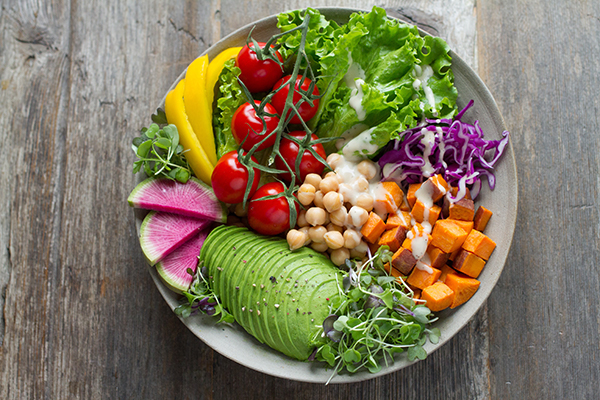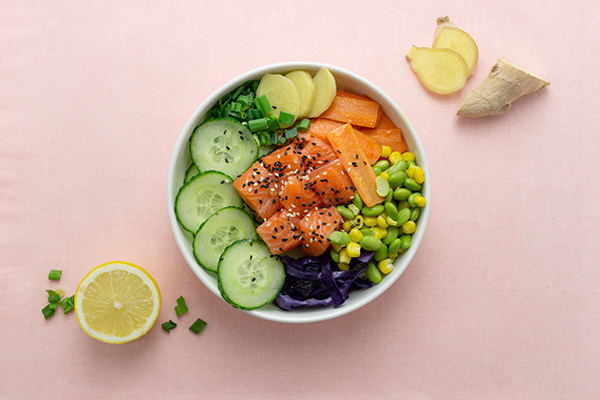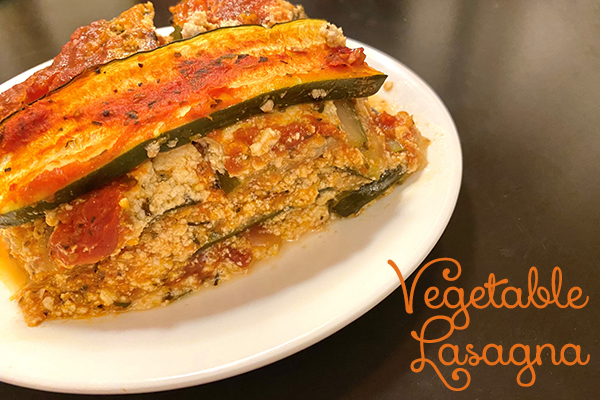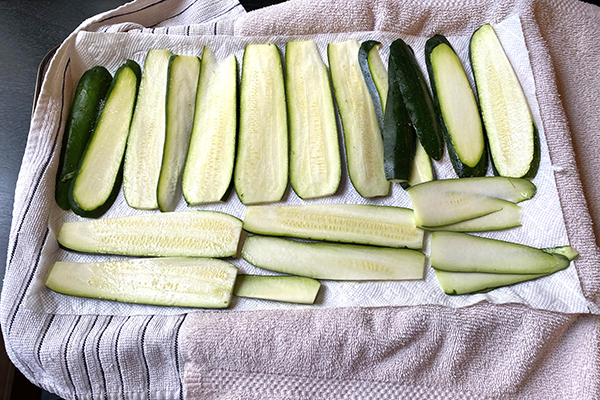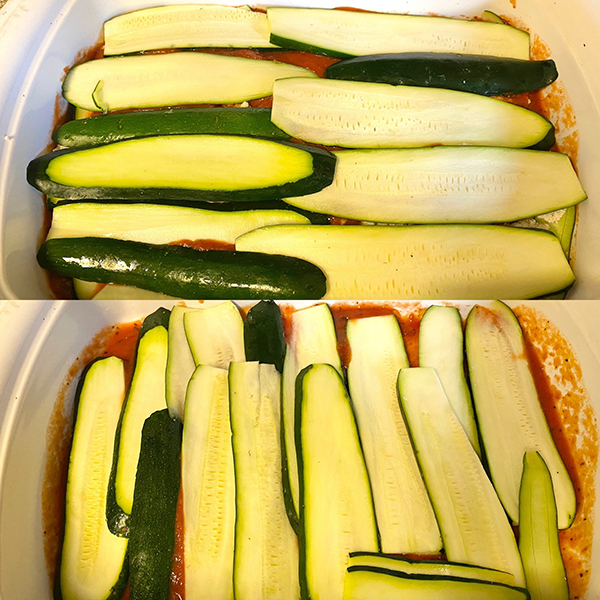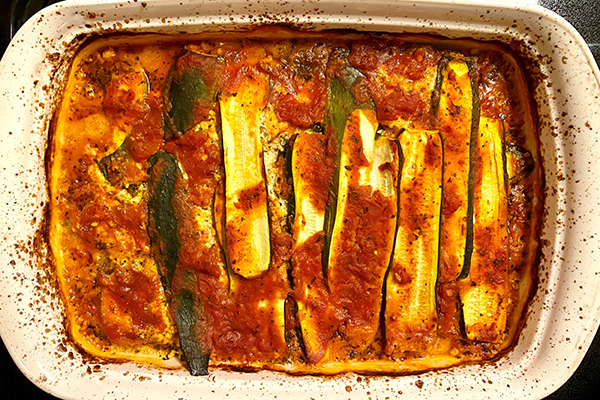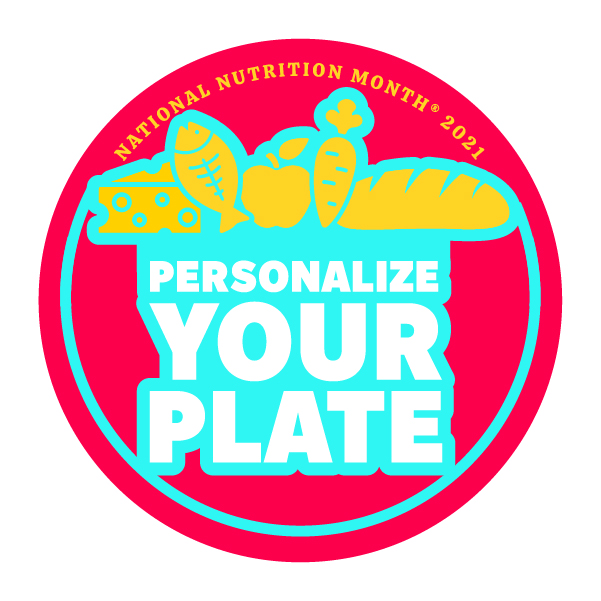 March is National Nutrition Month®, an annual campaign created by the Academy of Nutrition and Dietetics (the organization behind our RDN credentials). This year's theme, Personalize Your Plate, promotes creating nutritious meals to meet individuals' cultural and personal food preferences.
March is National Nutrition Month®, an annual campaign created by the Academy of Nutrition and Dietetics (the organization behind our RDN credentials). This year's theme, Personalize Your Plate, promotes creating nutritious meals to meet individuals' cultural and personal food preferences.
This goes along perfectly with our overarching theme of individual nutrition at the SAS Health Care Center. We are all different. There is no one diet or way of eating that works for everyone.
Our health is influenced by things like our unique genes, microbiome, lifestyle and environment. Our food habits are further influenced by our culture (our family), our food preferences, current habits and goals.
There is no ONE perfect diet! Our health and food preferences are influenced by our unique microbiome, culture, environment and many other things. #saslife Click To TweetOf course, there are some general themes around what is “healthy” for us. We are all human. They can be summed up with my favorite nutrition quote by author Michael Pollan:
“Eat Food. Not too much. Mostly plants.”
We know there is more to it than that, but if you only kept those 3 things in mind when choosing what to eat, you’d be doing pretty good.
- Eat REAL food: limiting those nutrient void, insulin spiking, highly processed foods.
- Not too much: meaning that we don’t want to overeat for many reasons, not just our weight.
- Mostly plants: meaning that we should all have a plant-based diet, but not necessarily plant-only. Plant foods contain many different nutrients and phytochemicals that are essential for our health.
The new Dietary Guidelines for Americans came out in December. One of the new features is an emphasis on culture, preferences and budget. “Customize and enjoy nutrient-dense food and beverage choices to reflect personal preferences, cultural traditions and budgetary considerations.” They have included a broad spectrum of food examples to help fit diverse preferences and represent all Americans. This just reemphasizes how important it is to individualize your nutrition.
How to Know What Works for You
When you are trying to figure out the best way of eating for you, it’s all about paying attention to your body. How do you feel? What are your energy levels like? How are your labs?
Then start with the basics. Limit added sugars, highly processed foods and artificial ingredients for a few months.
How do you feel now? Start adding more non-starchy vegetables to your plate; have protein and healthy fats with each meal. Drink at least half your body weight in ounces of water.
How do you feel now? These are just a few examples of the many little tweaks you can make until you find what works best for you. And a Registered Dietitian Nutritionist can help with this too. SAS employees can schedule an appointment at the Health Care Center with one of us. Not a SAS employee? No worries! You can find a Registered Dietitian Nutritionist in your area.
For most of us, we don’t need to go to the extremes with our food intake to be healthy. Of course, there are specific situations where these certain types of diets might be used therapeutically. But in general, sticking to real whole foods, then tweaking the portions (of protein, carbs and fats) works well.
There are also specific genetic tests and microbiome testing that can help you figure out what works best for you. While these can be fun (if you’re into this kinda thing) and there is research to back it up, know that the research is in its infancy, and they may not be 100% accurate. Glucose testing can also be very helpful. We all respond differently to different foods. A 2019 study in JAMA looked at how varied glucose responses can be to the same foods, depending on the participants microbiome! Very interesting!
So, the next time you hear about that new fad diet or your neighbor tells you how great they feel on keto, just know that you might not have the same response, and that’s ok.
“There is no one alive who is YOUER than you.” -Dr. Seuss
Vegetable Lasagna
Makes 6 Servings
PRINT RECIPE
This recipe can be used as a template to create a meal that works best for you. You can sub the tofu with ricotta or add cooked, grass-fed ground beef to the sauce. This recipe can be vegan, keto and just about anything in between. It’s not very pretty, but it sure is tasty!
Ingredients
Tofu Ricotta
1 lb firm tofu, pressed, patted dry and mashed
3 Tbsp nutritional yeast
½ cup fresh basil, finely chopped or 2 tsp dried
2 tsp dried oregano
1 Tbsp lemon juice
1 big garlic clove, minced
1 Tbsp extra virgin olive oil
1 tsp sea salt
pinch of black pepper
Lasagna
4 large zucchinis
1 25-oz to 28-oz jar of your favorite marinara sauce (I like the 365 Organic Marinara)
Instructions
1. Pre-heat the oven to 375ºF.
2. In a medium size mixing bowl, combine tofu ricotta ingredients and mix well.
3. Using a mandolin or long knife, thinly slice zucchini into long strips (try to make them even thickness).
4. Line a baking sheet with paper towels or clean tea towels then lay the zucchini strips on top of the paper towel. You will likely need two baking sheets. Sprinkle with sea salt and allow to sit for at least 15 minutes.
5. After 15 minutes, the zucchini should have released a lot of moisture. Pat them dry. (Don’t skip this step!)
6. In a 9x13 baking dish, evenly cover the bottom with about ½ cup pasta sauce. Add a layer of zucchini, completely covering the bottom. Next, add about ⅓- ½ cup tofu ricotta and smooth it over the zucchini, then add a thin layer of sauce (about ¼ cup). Repeat again with the zucchini going the opposite direction until you've used all your ingredients.
7. For your final layer, do a layer of zucchini, then top with ⅓ cup - ½ cup of sauce. Spread evenly across the top.
8. Bake on the center rack for 40 - 45 minutes until the zucchini is cooked through.
9. Allow to cool for 10 - 15 minutes before slicing.
